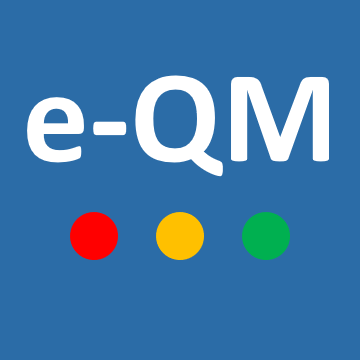This is a question I am often asked, convinced that this tool will improve performance.
The reality is quite different: most co-packing activities are high performing and profitable without PMS.
So much the better because a PMS involves significant costs and a complex implementation for a success that is not guaranteed.
To decide for or against a PMS, 3 factors to take into account:

→ The culture of productivity within the teams in the field
That is essential for a successful implementation and the return on investment. A PMS does not replace the lack of co-packing skills.


→ The complexity of the activity
Only very high requirements justify a PMS. For example, management of multi-level bill of materials, 1 to 1 traceability, etc.
→ The size of the activity
A PMS involves start-up costs and recurring costs. The business must generate several M€ yearly turnover excluding packaging. The duration of the contract must be long enough.

Lastly, before you embark on a PMS project, be sure to sell at the right price.
#copacking #gpao #supplychain


